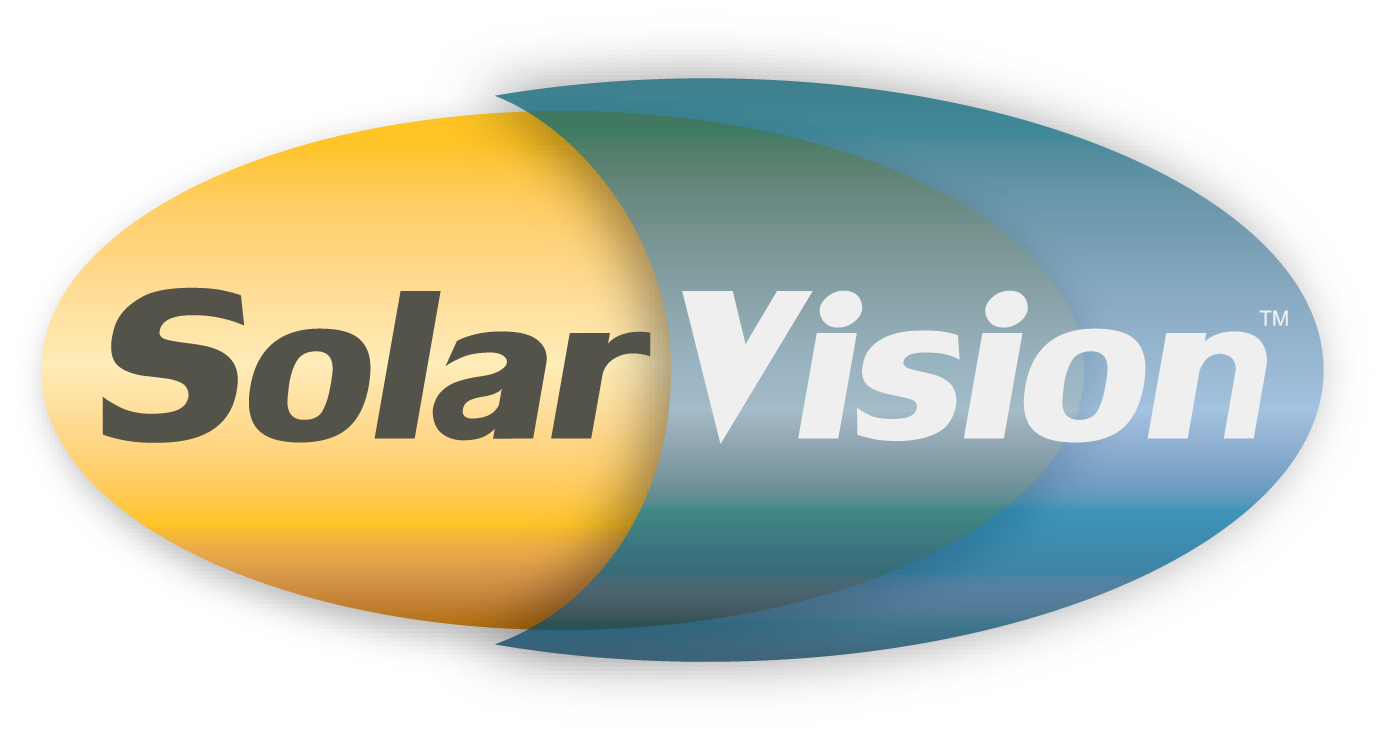Window Film can reduce light pollution in the Mountains. Excessive light in rural and mountain areas have far ranging affects on flora and fauna as well as animals, reptiles, insects and birds. According to Winslow Briggs's book, Ecological Consequences of Artificial Night Lighting, exposure to artificial light can prevent trees from adjusting to seasonal changes. This affects the wildlife that use the trees as their natural habitat. Light confuses birds in their migratory habits. Frogs stop calling their mates. Some animals will stay hidden longer and that reduces the time they have to hunt for food. There are many studies that prove the affects of light pollution. (www.nationalgeographic.com) Though light pollution in the mountains may affect the environment, it is also the easiest one to solve. All that needs to be done is be aware of it and do things to turn off and/or turn down the light that is being put out by our living spaces.
More and more people are moving to the mountains, because they love being in nature and because of the spectacular views. One might think, one home on the side of the mountain won't harm anything. Flood lights or lights left on all night may be on to show the beauty of the home or because one feels safer if they can see outside, but these lights may disturb wildlife. Homes are also being built with lots of glass, because of the views and trends in architecture. This extra light also affects the natural environment.
Some solutions are:
- Don't have on more light at night than you need.
- Window film on the windows can reduce the light from the windows by 45%-50%
- Put other coverings on windows as well, i.e. shades, drapes, etc.
- Use low wattage lighting outside
- Have motion sensor lighting outside
- Have shades that slope down on outside lighting
Solar Vision's experts will help you choose the film that will emit the least amount of light and still meet your needs for enhanced beauty, energy savings, safety, and protection from UV rays.






